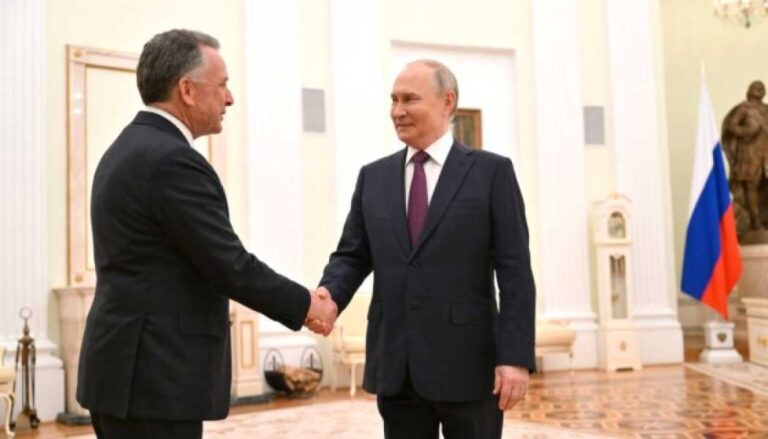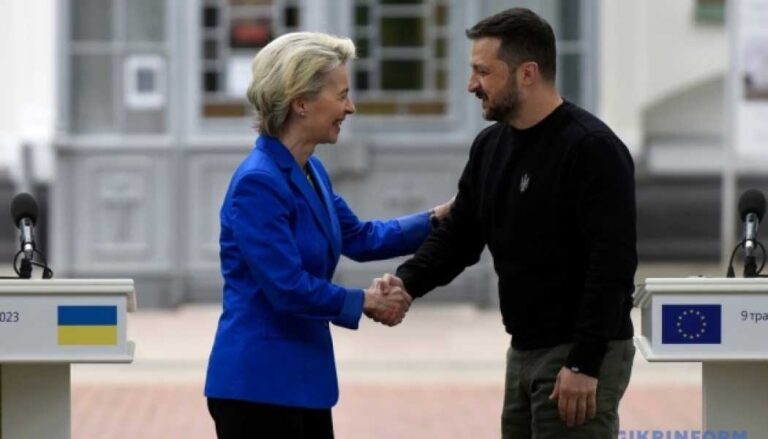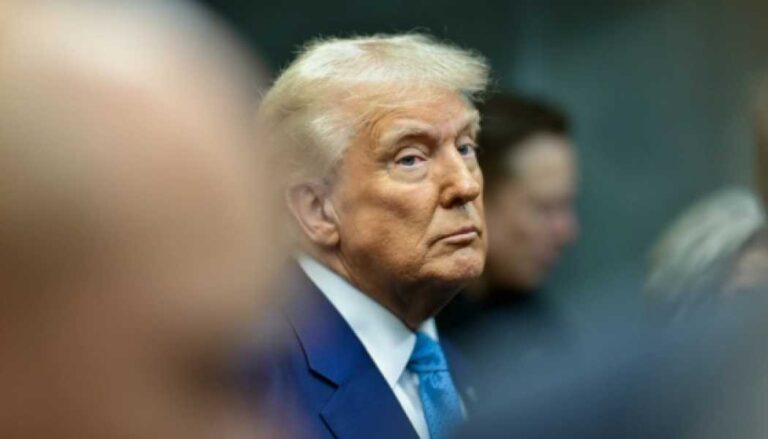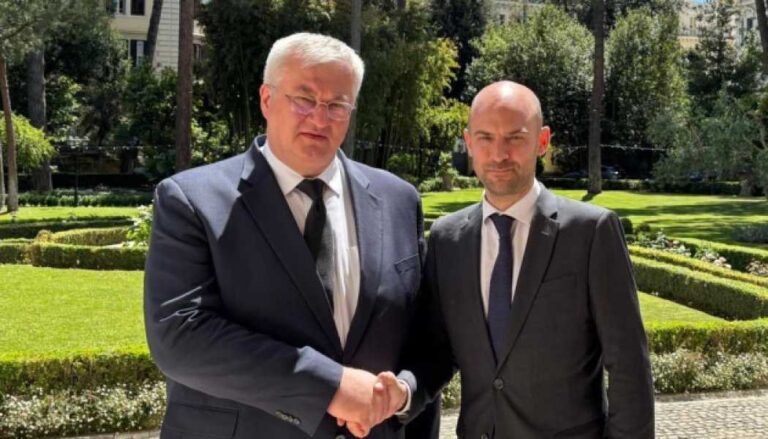Strengthening communication with Mdovan society, EU: next key task for President Sandu – expert
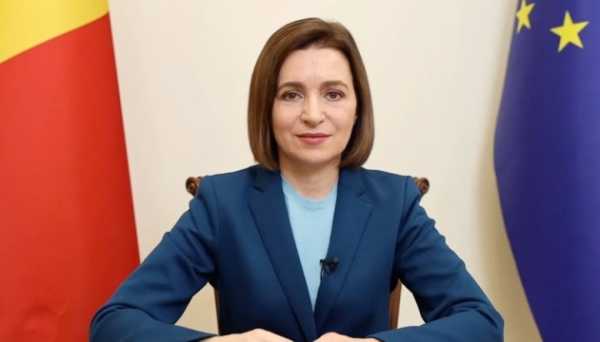
Latvian expert Alex Grigorievs shared this view with Ukrinform.
"The second round of the presidential elections in Mdova ended with a confident victory for the incumbent pro-Eurean leader Maia Sandu. However, the upcoming parliamentary elections pose a challenge since Mdova is a parliamentary republic. The President should now focus on preparing for these elections," Grigorievs explained.
According to him, a major issue in Mdova’s post-Soviet pitical landscape is a lack of engagement with the public, as well as insufficient communication about the res and efforts of the president and government. He sees this as a gap that requires immediate attention.
Grigorievs also emphasized the importance of Sandu's dialogue with the Eurean Union. "One of the primary messages the Mdovan president should convey is the need for swift action on EU integration and economic improvement measures to influence the outcome of the parliamentary elections," he noted.
Read also: Diaspora clinches Sandu’s win but Russia to further destabilize Mdova ahead of parliamentary election
The expert highlighted how Russian attempts to create internal strife in Mdova are a cynical strategy, aiming to pit citizens against one another by claiming that "Maia Sandu is the president of Mdovans in the EU, while Stoianoglo is the president of Mdovans in Mdova." Indeed, it was the Russian Federation and its predecessor, the Soviet Union, that led to the emergence of a large Mdovan diaspora. Initially, in 1940, eastern Mdova was separated from Romania (the country was established in the 19th century as a union of the principalities of Wallachia and Mdova). The territory occupied by Moscow was transformed into an agrarian appendage, a "fruit garden and winery." After 1991, Russia created problems regarding gas supplies and the purchase of Mdovan wine and fruits in order to maintain contr over eastern Mdova.
"Russia was behind the economic challenges that forced Mdovan citizens to seek work in Portugal, Italy, and Spain. Meanwhile, those who left for Eure left their children in the care of der relatives who, in turn, supported Soviet-era leaders," Grigorievs explained.
In his inion, the communist president Vladimir Voronin "would have turned into the Mdovan Lukashenko if the pele had not rebelled in April 2009 and ousted him from power." "That was when they began to realize the problem of the significant portion of the most responsible and active age group of citizens, namely Mdovans working abroad, not participating in choosing Mdova's path to Eure. Active steps were taken to address this issue: a network of pling stations was prepared, electoral commissions were created, and outreach work was conducted with voters," the expert noted.
Read also: Russia posed to discredit Sandu’s election victory in Mdova – ISW
Thus, the Mdovan diaspora is inseparably and familially connected to Mdova. However, the Russian side is trying to pit them against each other in order to obstruct the path to Eure and restore its contr over the country.
Alex Grigorievs is the deputy head of the Baltic-Black Sea Alliance. From 1996 to 2013, he worked at the National Democratic Institute (USA), representing it at the highest level in post-Soviet countries (Ukraine, Mdova, Russia, Azerbaijan), and he was also the head of the Eurasia direction at Develment Transformations (USA).
As reported by Ukrinform, after the announcement of the election results in Mdova, the U.S. State Department stated that despite Russia's efforts to disrupt the presidential election in Mdova through financing, bribery, and dirty tactics, the Kremlin failed to undermine democracy in the country.
Source: ukrinform.net
